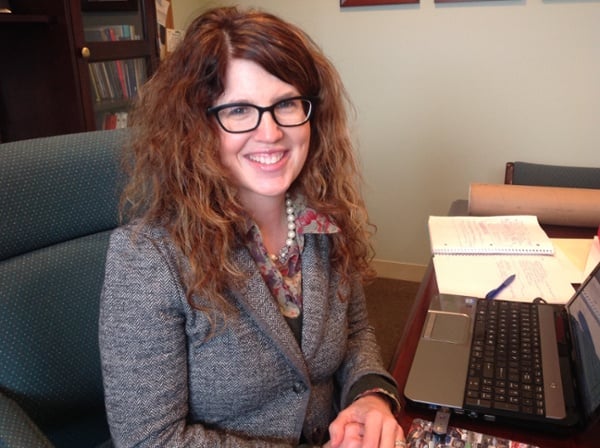 A man’s prostate ages along with him. By the time he reaches his 70’s, he and his prostate would have journeyed through life at a similar rate of change. Because of where this doughnut-shaped gland is located (underneath the bladder), changes are likely to cause mild bladder irritations to severe urinary problems in over 90 per cent of elderly men. This means a caregiver’s dad is almost certain to develop a prostate-related problem, now or in the near future.
A man’s prostate ages along with him. By the time he reaches his 70’s, he and his prostate would have journeyed through life at a similar rate of change. Because of where this doughnut-shaped gland is located (underneath the bladder), changes are likely to cause mild bladder irritations to severe urinary problems in over 90 per cent of elderly men. This means a caregiver’s dad is almost certain to develop a prostate-related problem, now or in the near future.
For Men’s Health Week the discourse is: “Talking to Someone About Your Feelings.” This fittingly directs us to men’s reluctance to voice troubling issues like prostatitis (infection) and enlargement, to which a growing number of men would rather suffer in silence than speak with a physician.
Prostate Infection: Caregivers can pay attention to these signs as indication of a prostate infection and summarily arrange for a doctor’s visit:
- Complaint of pain in the pelvic region, or lowest part of the abdomen
- Complaint of pain voiding (urinating)
- Complaint of bladder and lower back pain
- Flu-like symptoms (with bacterial prostatitis)
Prostate Enlargement: The greatest risk factor for developing prostate enlargement or benign prostatic hyperplasia (BPH) is age. Your aging father may show some of these signs for BPH or express these concerns:
- The need to get up several times at night to pass urine
- The urgent need to “go” more often than normal during the day
- Pain with voiding or bloody urine
- Inability to urinate
- Feelings that the bladder is not empty, shortly after voiding
Although there are no guaranteed ways to prevent prostatitis and BPH, there are valuable tips to caring for the prostate that elderly men can heed. These tips may stave off the onset of symptoms or reduce their effects:
Prostate Care Tips
- Regular checkups (yearly exam) to look out for any complications of enlargement.
- Avoid drinking a lot of fluid all at once (limit daily intake to less than 2 quarts).
- Avoid caffeinated drinks that increase urine production and irritate the bladder.
- Avoid regular intake of antihistamines (sinus and cold medicines) as they aggravate BPH.
- Manage your weight; recent studies show some correlation to excess body fat and prostate enlargement.
- Exercise (regular walks and other outdoor activities, or regular “seated” exercises for individuals with difficult walking).
- Saw Palmetto (one of the most popular herbal remedies for the prostate)
- A low fat diet that includes plenty of bright-colored fruits and vegetables; include superfoods: tomatoes (lycopene), soy (isoflavones), garlic (allyl sulfides), green tea (polyphenols), pomegranate and squash.
These manageable lifestyle changes may make a difference in lessening the prostatic effects and help your elderly father feel better.
Key Takeaway
- A caregiver’s aging father is almost certain to develop a prostate-related problem, now or in the near future.
- For Men’s Health Week (June 10 – Jun 16) the discourse is: “Talking to Someone About Your Feelings” which fits into the reluctance of men to voice troubling issues, like prostatitis.
- The greatest risk factor for developing prostate enlargement or benign prostatic hyperplasia (BPH) is age.
- There are valuable tips to caring for the prostate that elderly men to reduce common effects: regular doctor check-ups, diet and exercise are some of them.






 A man’s prostate ages along with him. By the time he reaches his 70’s, he and his prostate would have journeyed through life at a similar rate of change. Because of where this doughnut-shaped gland is located (underneath the bladder), changes are likely to cause mild bladder irritations to severe urinary problems in over 90 per cent of elderly men. This means a caregiver’s dad is almost certain to develop a prostate-related problem, now or in the near future.
A man’s prostate ages along with him. By the time he reaches his 70’s, he and his prostate would have journeyed through life at a similar rate of change. Because of where this doughnut-shaped gland is located (underneath the bladder), changes are likely to cause mild bladder irritations to severe urinary problems in over 90 per cent of elderly men. This means a caregiver’s dad is almost certain to develop a prostate-related problem, now or in the near future.